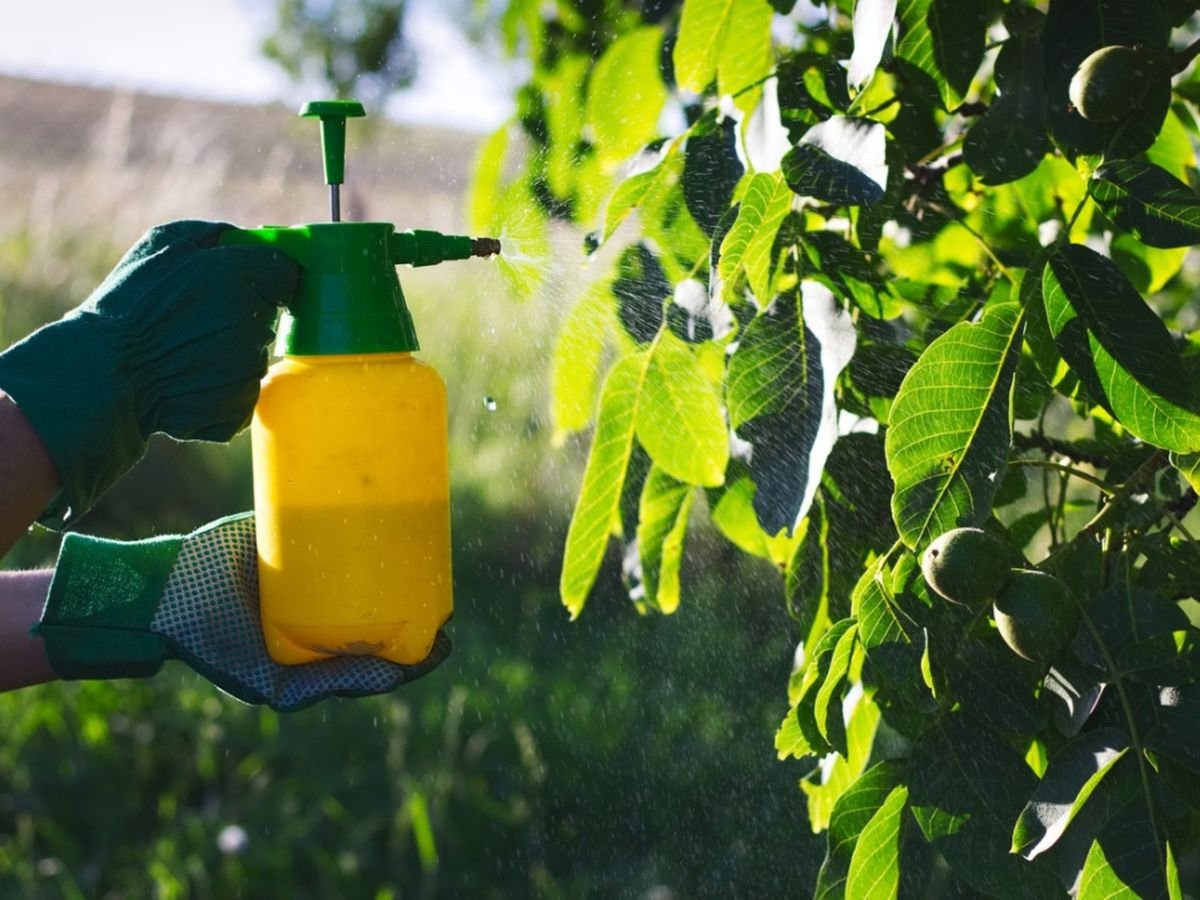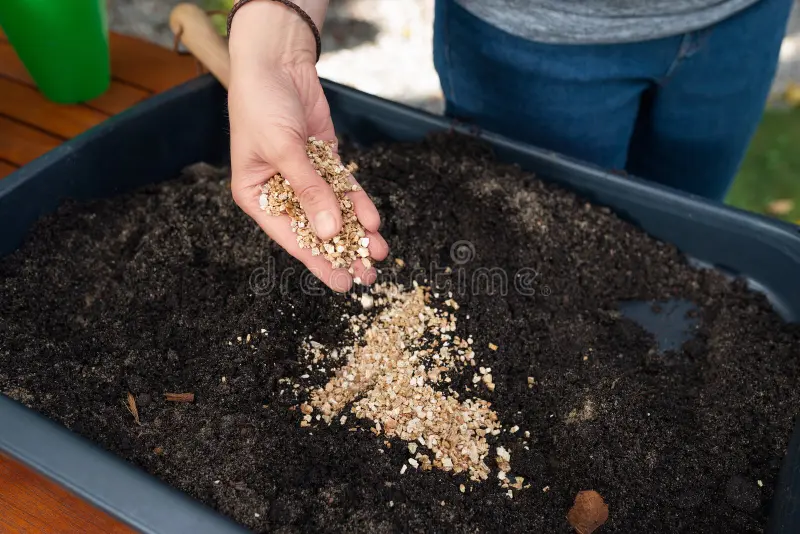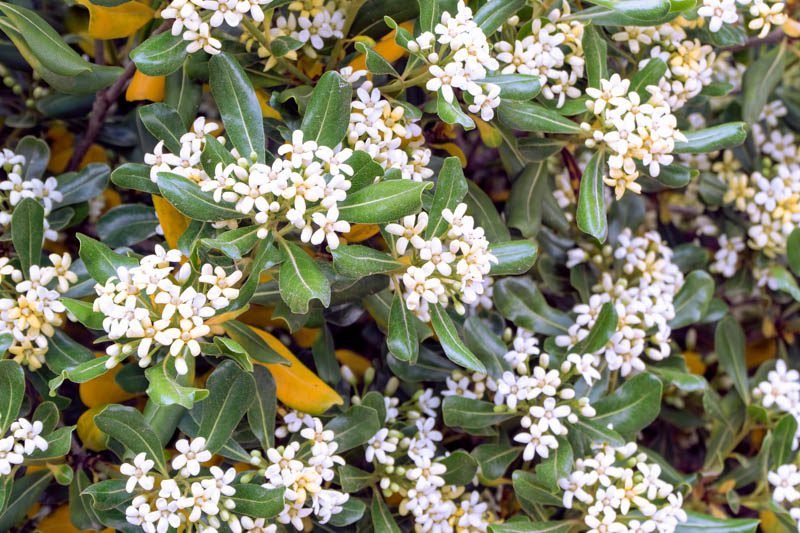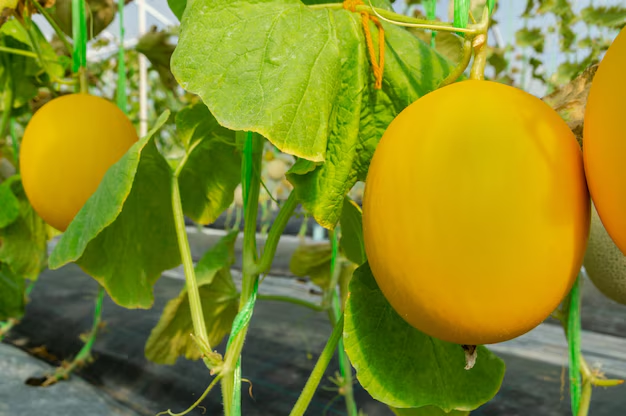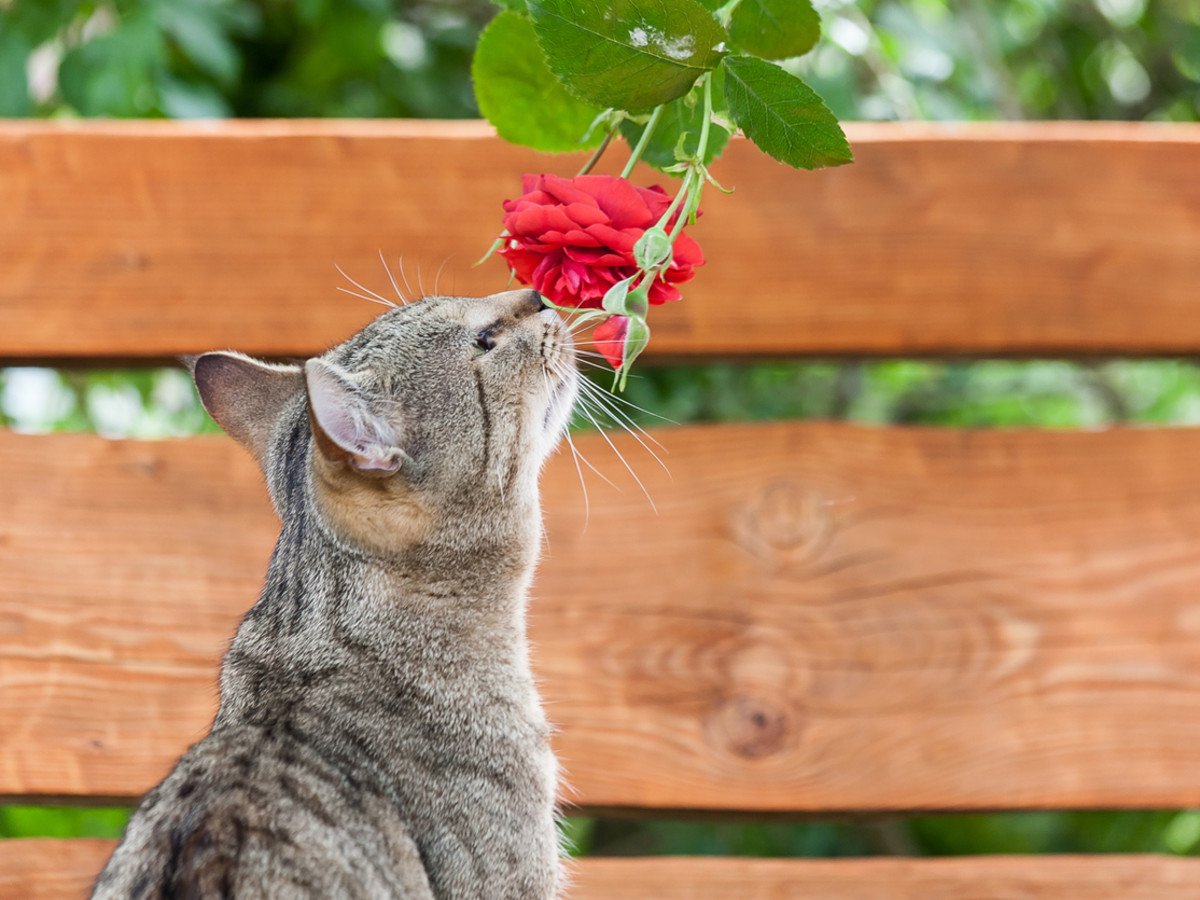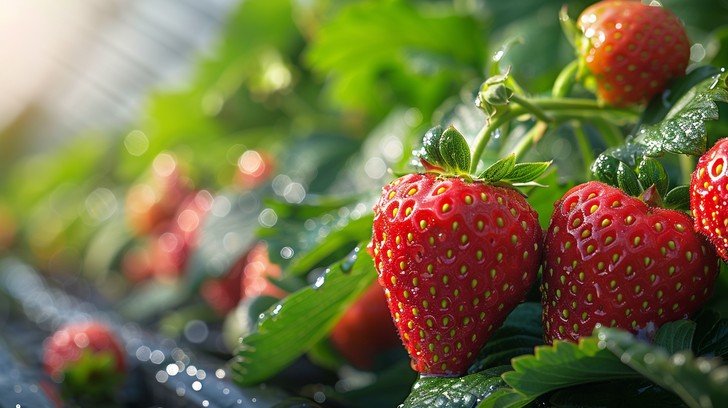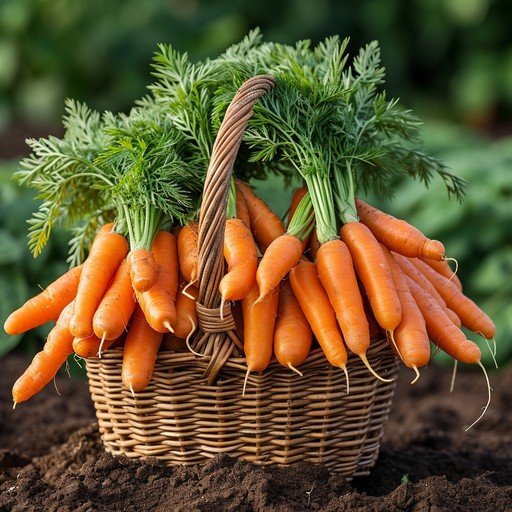The Joy of Gardening Until the Pests Arrive
Imagine spending weeks nurturing your garden, watering daily, trimming leaves, and watching your tomato plants blossom. Then one morning, you find little white bugs crawling over the stems, yellowing leaves, and holes in your lettuce. Sound familiar?
If you love gardening, you’ve likely faced the wrath of garden pests. But don’t worry, today, we will guide you through effective pest control methods to protect your garden, so your plants stay healthy and productive all season long.
Whether you prefer natural, chemical, or DIY solutions, we have something for every gardener. We will recommend top-rated Amazon products to make it even easier for you.
Why Pest Control is Crucial for Your Garden
Pests like aphids, whiteflies, slugs, beetles, and caterpillars are common in U.S. gardens. They can destroy leaves, suck sap, and even stunt plant growth ruining months of hard work in days.
Unchecked, pests can cause:
- Yellowing or curling leaves
- Poor vegetable yield
- Plant diseases and fungal infections
- Wilting and plant death
That’s why having a pest control strategy isn’t optional; it’s essential.
Organic Pest Control Methods: Safe for You and the Planet
If you’re growing herbs, fruits, or vegetables, organic pest control is a great first line of defense.
1. Neem Oil Spray
Neem oil is a natural insecticide that repels over 200 types of insects without harming beneficial pollinators like bees.
Editor Pick: Organic Neem Oil Spray – Harris Neem Oil for Plants (Amazon)

2. Diatomaceous Earth
This fine powder kills soft-bodied insects like slugs and ants by dehydrating them — yet it’s completely safe for humans and pets.
Try this: Safer Brand Diatomaceous Earth – Food Grade (Amazon)
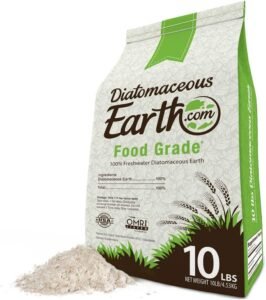
3. Companion Planting
Some plants naturally deter pests. For example:
- Marigolds repel nematodes

- Basil keeps mosquitoes and whiteflies away
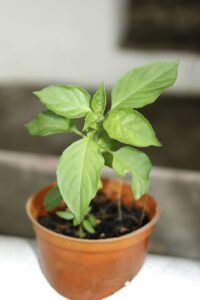
4. Beneficial Insects
Introducing ladybugs and lacewings to your garden can naturally wipe out aphids and mites.
Chemical Pest Control: When and How to Use It Safely
Sometimes, infestations get out of hand. Chemical pesticides may be necessary in these cases, but use them responsibly.
Best Practices:
- Apply at dusk to protect pollinators
- Avoid spraying during windy days
- Always follow label instructions
Top Chemical Option: Ortho Home Defense Insect Killer for Lawns & Gardens (Amazon)

Important: Always wash edible plants thoroughly after using any chemical pesticide.
DIY Pest Control Hacks That Work
Want to make your pest control remedies? Here are some tried-and-true methods:
1. Garlic Spray
Boil garlic cloves, let the solution cool, and spray it on infested plants. Garlic’s pungency repels insects naturally.
2. Beer Traps for Slugs
Fill a shallow dish with beer and place it near affected plants. Slugs love it — but they won’t make it out alive.
3. Soap-and-Water Spray
Mix a few drops of dish soap with water. This suffocates soft-bodied insects like aphids without harming plants.
4. Coffee Grounds
Scatter used coffee grounds around your garden to deter ants and slugs. Bonus: it also improves soil quality!
Top Amazon Products to Protect Your Garden from Pests
Here are the best-rated pest control tools on Amazon that gardeners swear by:
| Product | Type | Benefits | Link |
|---|---|---|---|
| Harris Neem Oil Spray | Organic | Natural insecticide | Buy on Amazon |
| Diatomaceous Earth | Organic | Kills crawling insects | Buy on Amazon |
| Ortho Home Defense | Chemical | Long-lasting protection | Buy on Amazon |
How I Saved My Tomato Garden from Aphids
Last summer, I nearly lost my entire tomato crop to aphids. I noticed sticky leaves and black mold forming — the telltale signs of an infestation.
I started by spraying neem oil every 3 days and releasing ladybugs in the garden. Within two weeks, the aphid population dropped drastically. By harvest time, my tomatoes were thriving — and aphid-free!
Tips to Prevent Future Pest Infestations
- Inspect plants regularly for signs of pests
- Water in the morning to avoid fungal growth
- Rotate crops each season
- Use mulch to deter soil-dwelling bugs
- Avoid over-fertilizing, which attracts pests like aphids
Your Garden Deserves to Thrive
There’s no one-size-fits-all solution to garden pests — but by combining organic, chemical, and DIY pest control methods, you can keep your garden safe and productive.
Ready to fight back against pests?
Explore Our Top Amazon Picks for Garden Pest Control
About Garden Pest Control
Q1: How often should I use pest control?
A: It depends on the method and the severity of the pest problem. For most organic pest control methods, like neem oil or diatomaceous earth, applying once a week is usually effective during peak pest season. Always reapply after heavy rain. For chemical treatments, follow the manufacturer’s instructions closely — typically every 7 to 14 days. Regular monitoring is key to preventing large infestations before they start.
Q2: Is organic pest control effective?
A: Yes, when used correctly, organic pest control methods can be just as effective as chemical ones, without harming pollinators, pets, or your family. Many gardeners in the U.S. prefer organic options like neem oil, beneficial insects, and companion planting because they’re eco-friendly and safe for edible gardens. However, for severe infestations, you may need to supplement with stronger solutions.
Q3: Can I use these methods on vegetables?
A: Absolutely! Most of the pest control methods we’ve shared — especially organic and DIY options — are perfectly safe for vegetable gardens. Just make sure to wash your produce thoroughly before eating, especially if you’ve used any synthetic pesticides. If you’re growing food, we recommend starting with natural methods and escalating only if necessary.
Tip: Want to keep your veggies safe? Check out this trusted, food-safe option:
Harris Neem Oil for Organic Gardening (Amazon)
